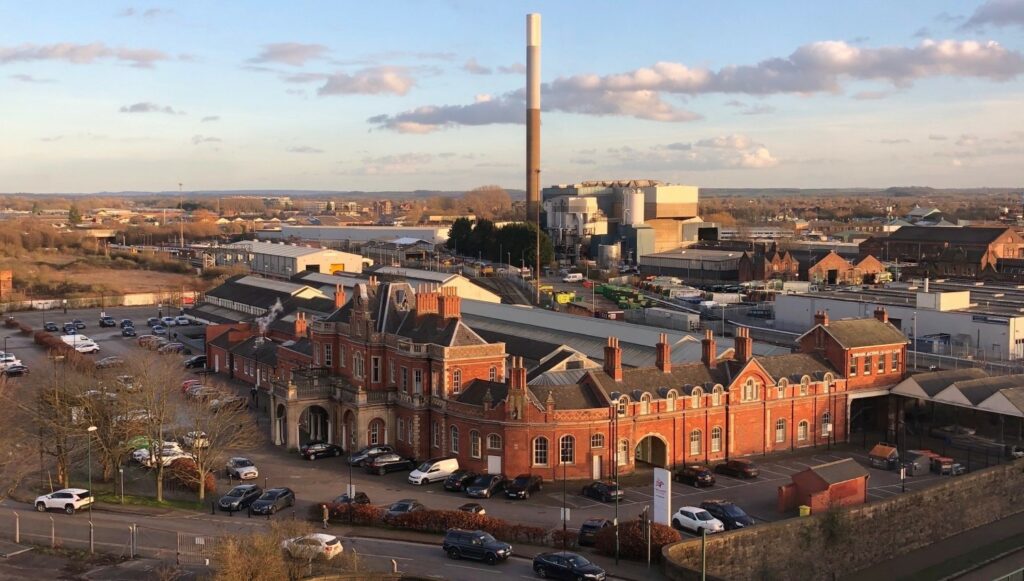An intelligent energy management system is being developed in Nottingham to optimise clean technology including a fleet of electric vehicles (EVs), battery storage and solar.
The data management solution is to use OpenRemote’s opensource internet of things (IoT) platform to enable the city’s energy managers to maximise the use of locally produced renewable energy and cut both carbon emissions and the costs associated with charging EVs.
The chargers themselves are to have vehicle-to-grid (V2G) functionality, allowing for short-term energy storage and grid balancing. Whilst there has been no final decision on a supplier for these chargers – or for the battery storage element of the project, which is set to have a capacity of 500kWh – Nottingham already owns a range of vehicles capable of smart charging which will be integrated into the system first.
The existing electrified fleet covers a wide range of services according to OpenRemote, including park services and community protection as well as traffic management and cleaning services. Electrification of domestic waste service vans is also being considered.
The pilot site of the project – dubbed Clean Mobil Energy – at Eastcroft Depot will combine the lithium-ion battery and fleet of 40 vehicles with solar panels, which have a current total capacity of 140kWp.
To manage the EV fleet, the system can establish optimum schedules based on desired parameters such as lowest cost or highest share of renewable energy. They can be charged to their minimum mileage or beyond at times of surplus green electricity or low electricity tariffs.
An energy dashboard will provide the energy managers with continuous insight into the performance of each component, allowing for the monitoring of key performance indicators such as local energy, self-consumption and saved costs.
A mobile app will also allow these managers along with maintenance crews to evaluate the system performance on the go, providing them with a notification in the event of malfunctioning or uncommon behaviour.
Laura Chippendale, energy projects manager for Nottingham City Council, pointed to Nottingham’s 2028 target for reaching net zero and described the city as “leading the way” when it comes to green transport.
In 2017, the council used £6.1 million of ultra-low emission vehicles (ULEV) funding for a range of projects including the installation of 230 fast and rapid chargers as well as the creation of the UK’s first ULEV dedicated lane.
It also worked on EV trials, offering a ‘try before you buy’ option to businesses, EV experience events to promote sustainable transport and workshops aimed at businesses introducing and explaining new technologies.
Chippendale added that the Clean Mobil Energy project will ensure the city’s fleet of EVs can be charged with 100% renewables at an optimum price, stating that the new system will “increase the economic value of renewable energy”.
Alongside its EV work, Nottingham City Council has also previously made steps into energy supply. In 2015 it launched Robin Hood Energy, however after struggling to make the supplier work – including posting a £23.1 million loss in its April 2018 to March 2019 results – the council sold its customer base to Centrica in 2020.






